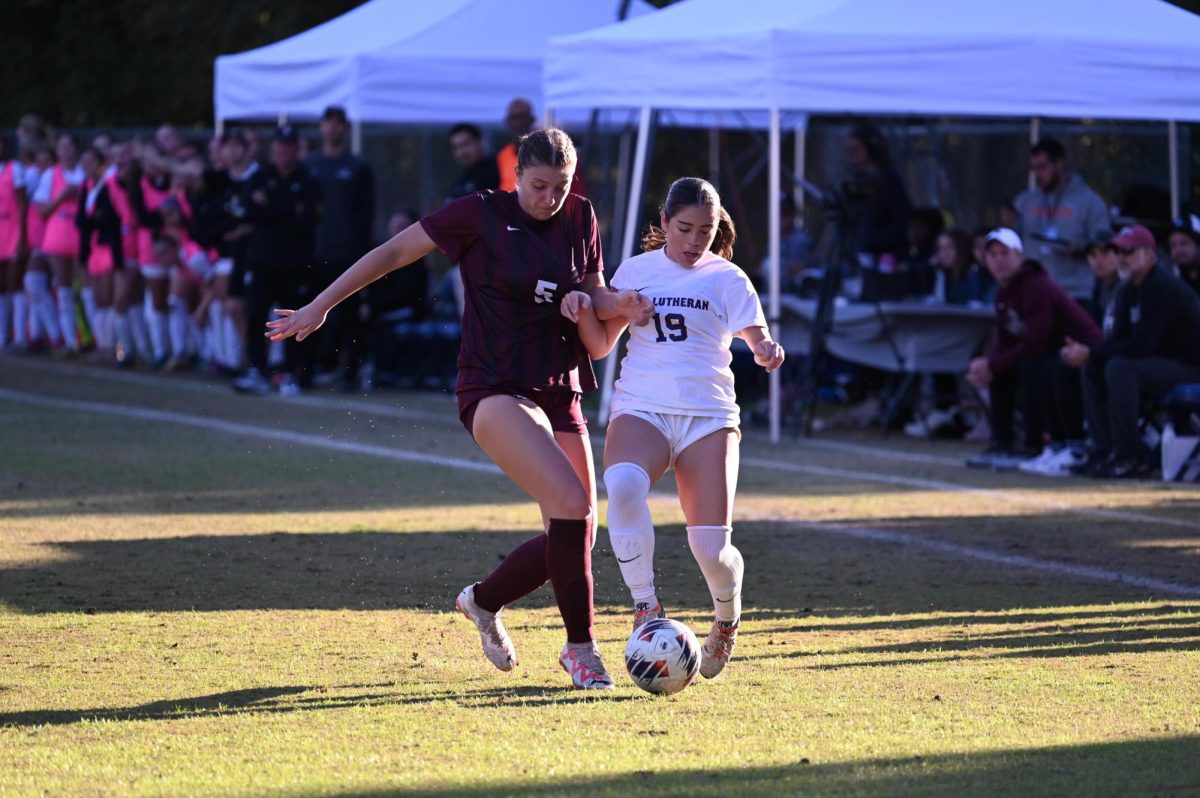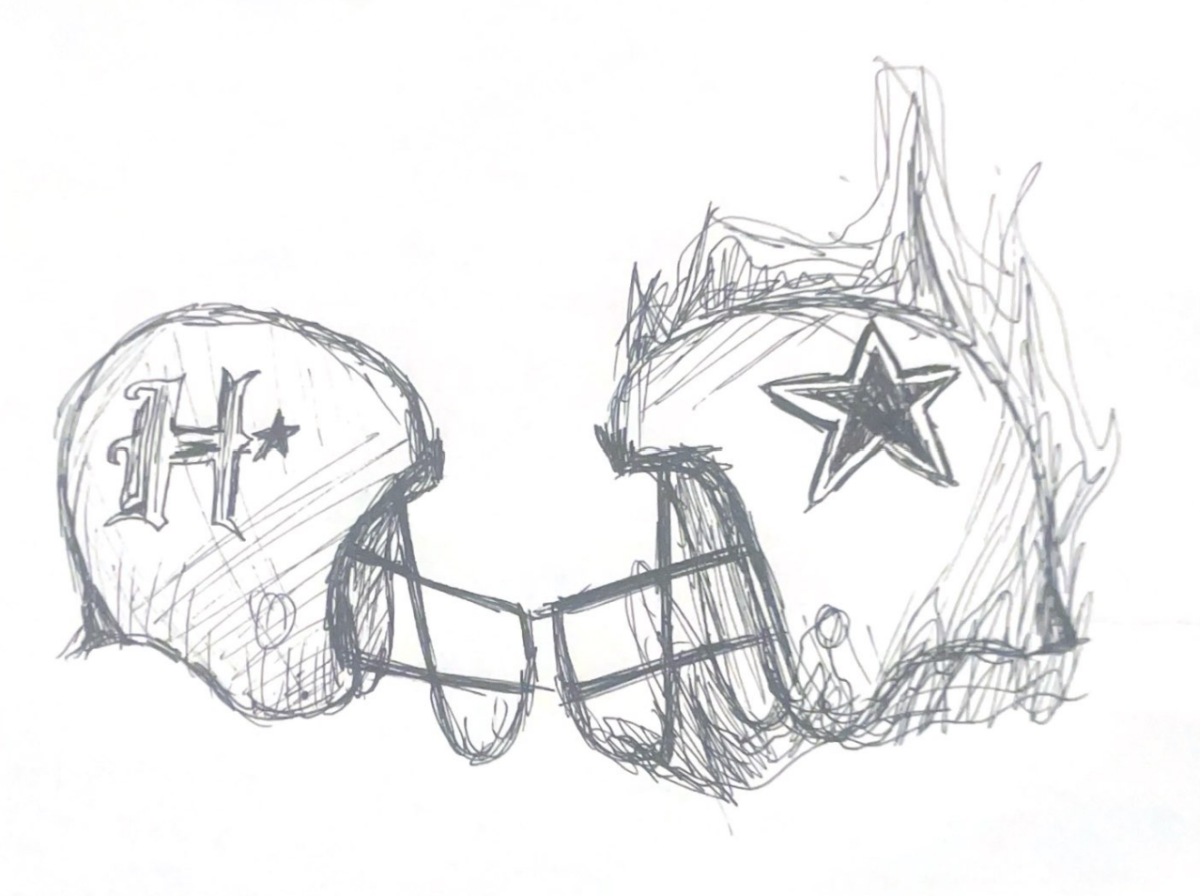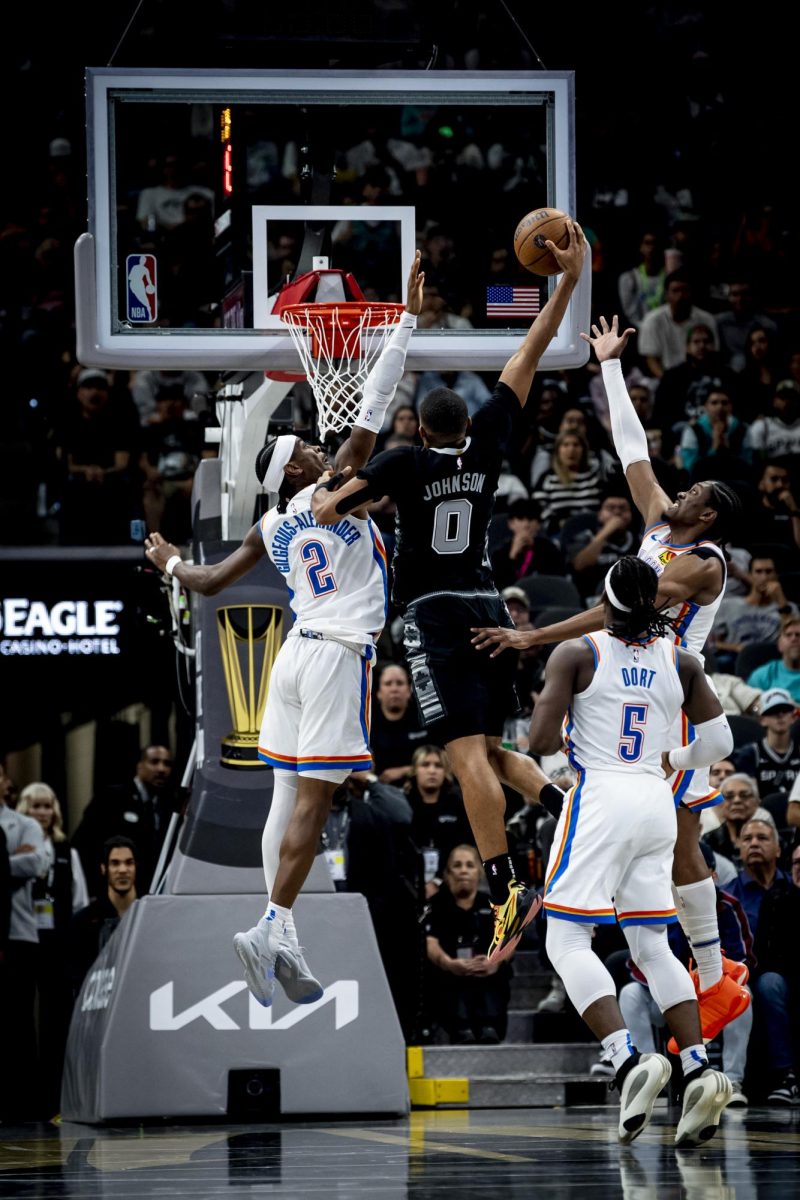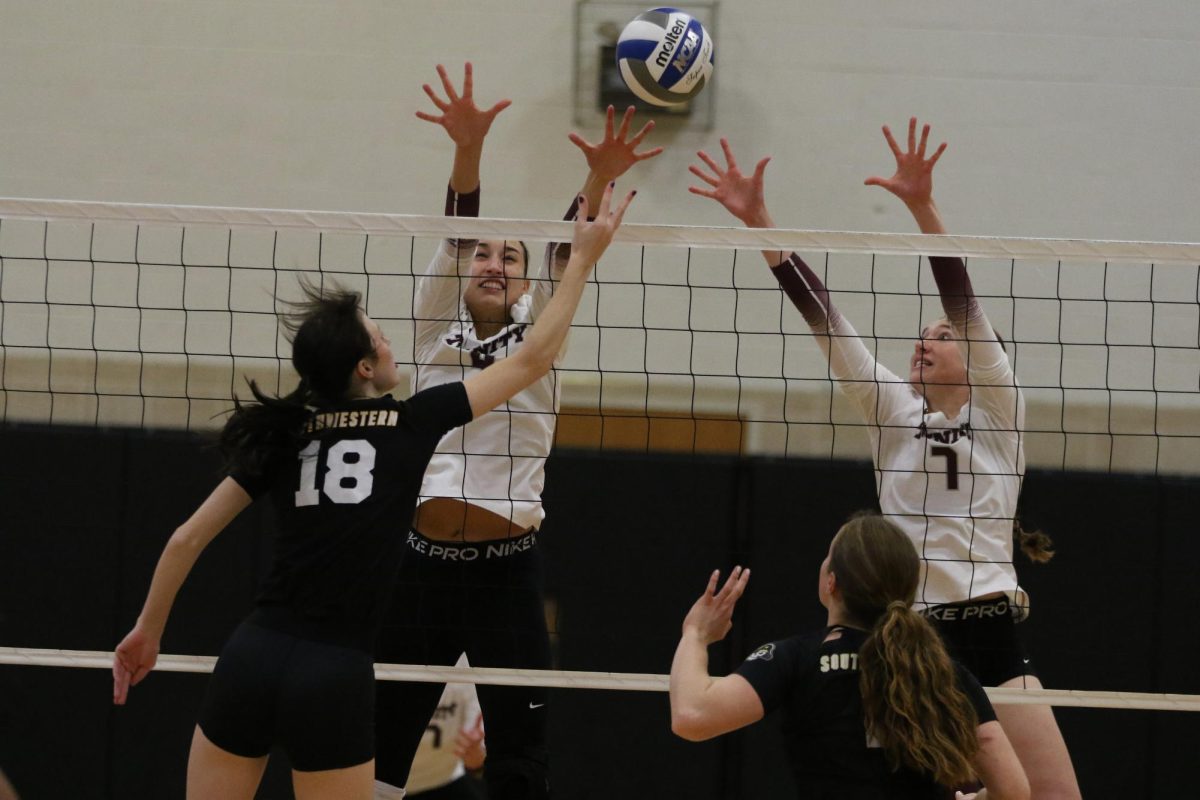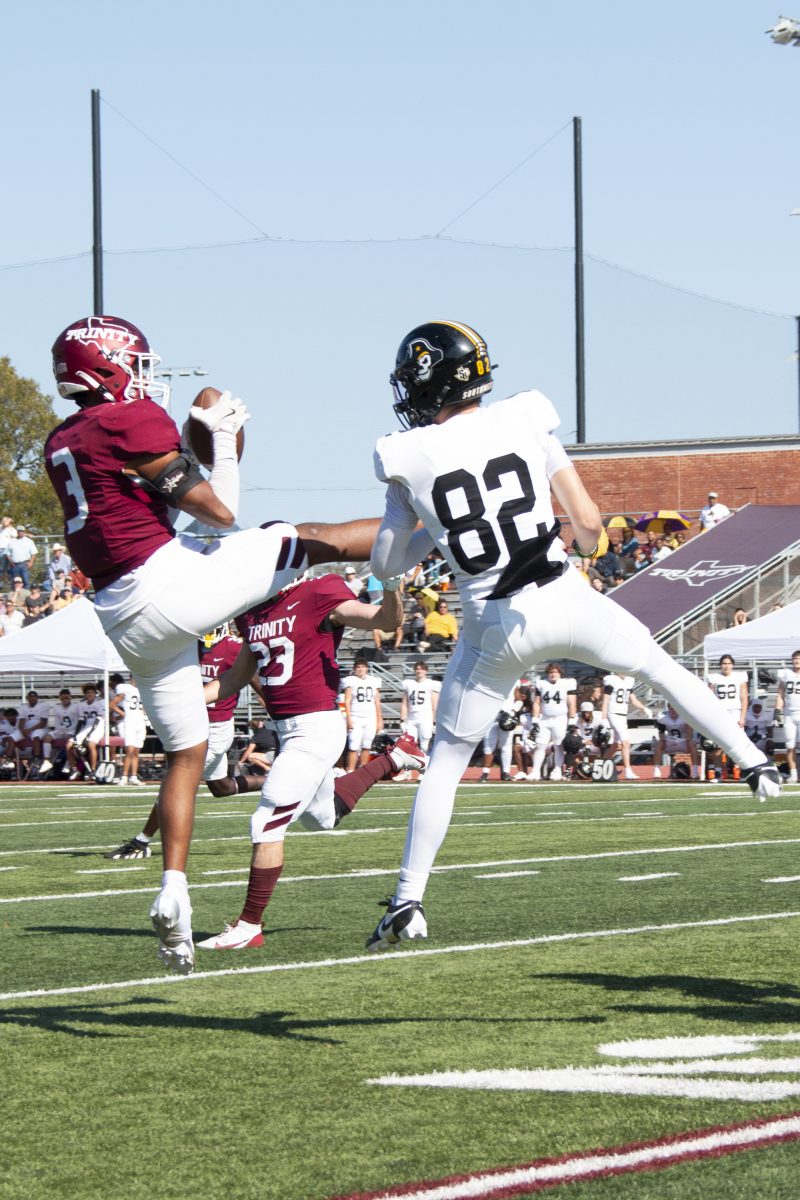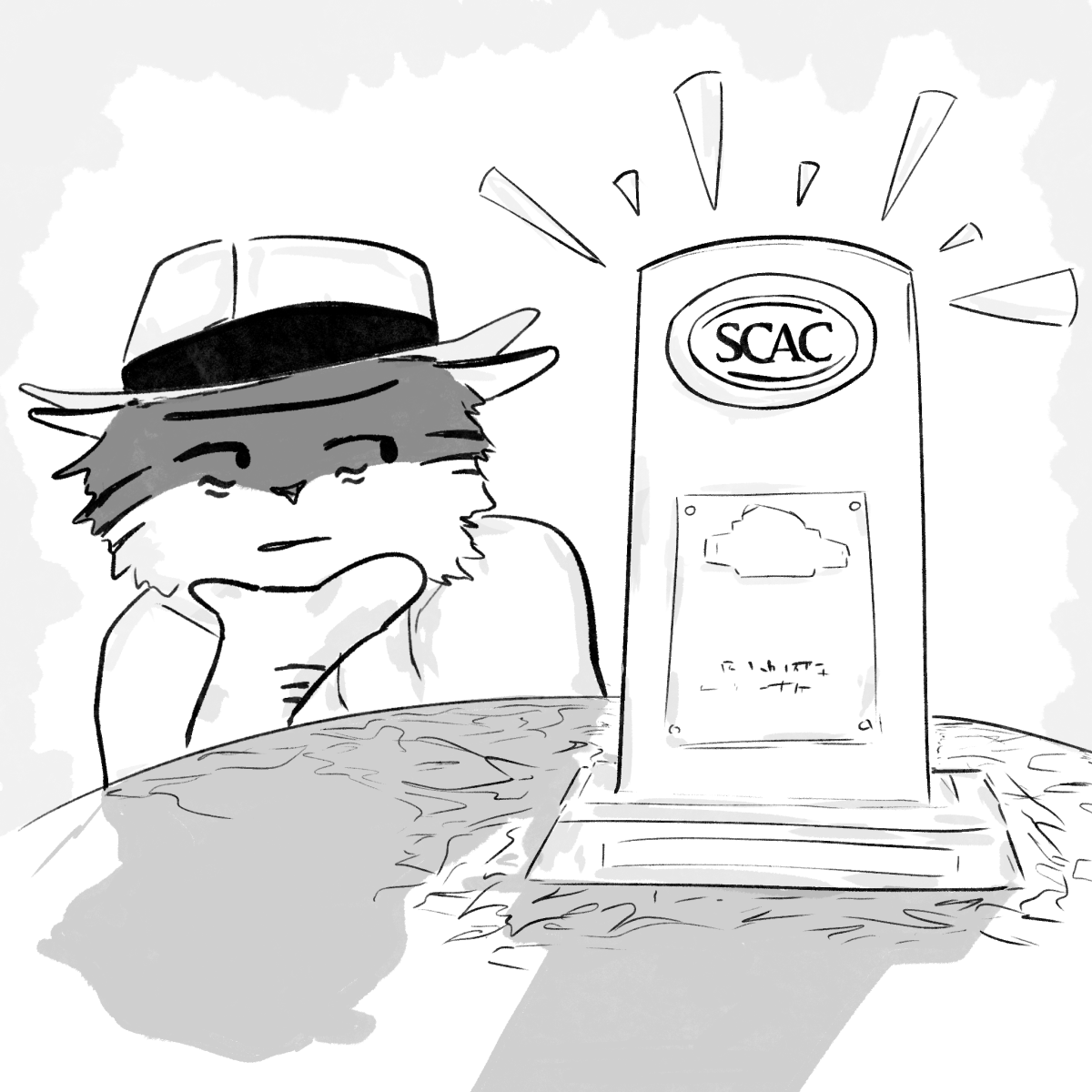Clint Schroeder
There is a major crisis in Division I schools across the United States. These schools are exploiting their student-athletes by having them display their athletic talents on the field without proper reimbursement.
The schools graciously offered the students athletic scholarships and that is where the discrepancy in the term student-athlete starts. The term student-athlete is not an accurate description for people who spend most of their entire college careers at practice, in the weight room or on the field. Sports dominate every moment of their lives and it’s time we start compensating them for the revenue they bring into schools. A more accurate way to refer to these men and women would be to call them Collegiate Athletic Sports Students. I am not suggesting that we replace the term student-athlete, but it is hard for me to consider these individuals as amateurs in their respective sports, for their first priority is clearly the sports teams that they play for, with the academics being an afterthought. Student-athletes need to be paid, and the governing body of the NCAA needs to decide how it should be done.
A common argument to why these student- athletes should not be paid is that the college sports teams lose money and are not profitable to schools. There are a lot of money-losing endeavors that schools fully support and provide for, and of them, sports offer the most in return, entertainment-wise.
In an article in the Huffington Post, economics professor David Berri of Southern Utah University stated that all the schools are nonprofits and that their incentive is to spend as much money as they can. Berri clarified that this does not mean the schools were not making money; it just means that they spend it all.
The money that the schools receive comes mostly from the broadcasting of the collegiate games. According to the official NCAA website, the NCAA revenues in the financial year of 2011-12 were $871.6 million. 81% of that revenue was made from the broadcasting rights with CBS Sports and Turner Media. All but four percent of that $871.6 million is given back to the schools. It’s hard for me to believe that with all this money that is being sent to the schools, they are still incapable of paying the student-athletes who helped bring in this revenue.
There are a fair number of student-athletes for whom college would not have been possible if it had not been for their sports scholarships. Due to NCAA rules that prohibits the student-athletes from having a job, student-athletes that came to college with no financial support are unable to support themselves and their living expenses while at school.
For years, athletic boosters and players have found ways to get around the NCAA rules in order to provide extra benefits for the players. Some of these players desperately need the benefits, so why not allow schools to set up an environment where players are paid by the school? Instead of providing the student-athlete the perks that come with a sports scholarship, give the players a paycheck and allow them to spend the money on what they need.
Some may argue that being paid to go to school and play a sport may create a divide between students and student-athletes, but that divide already exists. On big college campuses, the players are viewed as celebrities, which impedes their ability to be successful in a learning environment. For example, Jimmer Fredette, who was a student-athlete at Brigham Young University, was asked to take his classes online because the professors of his classes were unable to teach their lessons since every student wanted to interact with Fredette. Fredette was viewed as a rising star at the time due to his performance in March Madness the most profitable NCAA event.
Even with the financial success of the sports teams, the NCAA and schools are adamant that they are unable to pay student-athletes. It seems unlikely that student-athletes will be receiving money for their services anytime soon. With a miniscule amount of NCAA student-athletes making it to the professional level, these student-athletes need to focus on what will be able to support them for the rest of their lives rather than a sport that they will be playing for four years: earning their college degree.
Nkoli Nweke
Although I do not fully agree with the rule that collegiate athletes cannot accept compensation for playing their sport, I do believe that some of the reasoning behind prohibiting this practice is very convincing. As a collegiate athlete, I know very well how strenuous being involved in a sport can be. Then if you add the load of courses, it’s a nice positive reinforcement. But most athletes who choose to do a sport in college are essentially getting paid already because of the scholarships they are receiving to participate in the sport at their university. They may not be paid upfront, but the scholarships received from some schools can be very generous and accumulate over the four years. According to the Institute For College Access & Success, in the state of Pennsylvania, 71 percent of students leave their public four-year institution or private, nonprofit four-year institution in debt. The average debt for a college student is $32,528. That is quite a large burden for students who may or may not have a job waiting for them after graduation, so being involved in a sport and receiving scholarship money to participate can truly help the student in the long run. Looking at it from this perspective, I’m sure plenty of college students would be happy to play a sport for four years if that meant not taking on that financial load.
Another issue with paying collegiate athletes is the uncertainty of each sports’ relevance. The huge red flag in this problem would be; Do all athletes receive the same pay? If that were the case, it would be unfair to some sports with a longer, more strenuous season than sports with shorter and less troublesome seasons. In all, there would be much controversy among sports teams about who is getting paid more if athletes were receiving reparations. Also, larger universities may believe that because their school may have stronger athletes, they should be paid higher as well. This would not be fair for smaller schools like Trinity who have a great number of student athletes that excel in the classroom as well in their sport.
I, as well as many other athletes, have probably wondered if athletes have ever been paid before. Well, if you look at the grand scheme of things, athletes are getting the opportunity to participate in a sport that they love, all expenses paid. When athletes travel, most of the time it is all already paid for. The meals after competitions are also usually paid for or covered by some sort of booster club. And, one of my favorite parts about being an athlete is the free clothes! Not only do you get nice gear and equipment, but also it’s very exclusive. So it’s just for you and your team, which is one of the perks of being an athlete.
Many athletes could probably try to argue that because they do not have time to get a job, the university should pay them and have extra money to go out with friends or afford new clothes. However, many college students are broke and deal with these inconveniences on a daily basis. Not having money is quite a consistent trait among the majority of college kids anyway. Yes, the newest kicks may be super nice to have, but getting a very good education is a little more important.
If universities began to pay college athletes, then numerous confrontations would arise and would cause problems in and out of the universities. Some believe that collegiate athletes already receive “better” treatment at times than the average college student, so doing this would increase the hostility among students. Overall, I disagree with the idea of paying athletes because if I had to trade all of the things that I am so graciously supplied by my school, I would rather not be paid. Although collegiate athletes may believe that they should be paid for all their hard work and accolades they bring to their university, the best decision would be not to allow athletes to be paid in order to steer clear of controversy.

